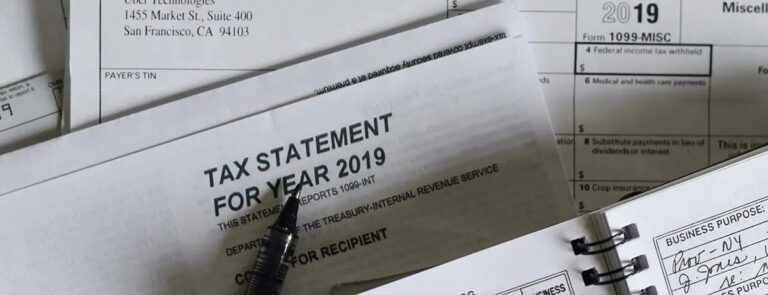You may be wondering: What is FICA when you look at your paycheck? FICA is a term that you’ve probably heard in the US. Don’t worry if it’s a term you’ve never heard before. We will discuss what FICA is today and how it functions to give you all the necessary information for a complete understanding. FICA is the Federal Insurance Contributions Act.
The Federal Insurance Contributions Act
What is FICA?
In the US, The Federal Insurance Contributions Act mandates payroll tax . The Federal Insurance Contributions Act regulates the paychecks and contributions of employees to medical programs and social insurance.
There is another law that applies to self-employed people, called the SECA (Self Employed Contributions Act).
What Are the main points?
- Employees pay FICA taxes directly from their gross salary. Both employers and employees pay FICA taxes.
- The FICA tax cannot be opted out of by the taxpayer.
- FICA finances all Social Security programs, including those for children, survivors, spouses, disabilities, and retirement.
- The amount of FICA tax withheld from employee’s paychecks is dependent on their gross wage.
Are Rates Different?
FICA is mandatory and sets the rates annually. It doesn’t always change every year. FICA rates are remarkably stable for 2020. The amount of FICA tax that an employee will pay depends on their overall income. The higher the income, then the greater the FICA contribution.
FICA is the same as Social Security.
Who Benefits from FICA?
FICA (Federal Insurance Contributions Act) is the name of all the taxes that are responsible for funding Social Security disability, retirement, children and spouse benefits, and survivors. FICA (Federal Insurance Contributions Act), refers to the taxes that are responsible for funding Social Security Disability, Retirement, Children and Spouse Benefits, and Survivors. FICA taxes also contribute to the Medicare budget.
What Are the Deductions in Dollars?
FICA taxes are deducted from the paychecks or salaries of most employees. FICA deductions are usually around 6 percent of the employee’s gross salary. This deduction is only allowed up to the maximum taxable income, also known as a threshold. This income threshold will be around $142,800 in 2021. Social Security tax will not apply to any payment over this threshold. FICO changes this limit every year based on the national wage changes.
There is no maximum Medicare limit. FICA includes the Medicare tax of 1.45 percent on all employee’s work income. Employers must match Medicare and Social Security contributions.
Do I have to pay FICA taxes?
Who is responsible for paying FICA taxes?
There are no exceptions to paying FICA taxes by employees, as FICA taxes pay for Medicare and Social Security. FICA taxes will be deducted from a salary or paycheck as long as the job is covered by Social Security.
Even if someone is a self-employed person, they are still required to pay SECA (Self Employed Contributions Act).
FICA Taxes in the Case of Students
Students are generally not required to pay FICA taxes. According to IRS rules, students are exempted from paying FICA taxes if they attend their classes regularly and pursue a program of study.












+ There are no comments
Add yours